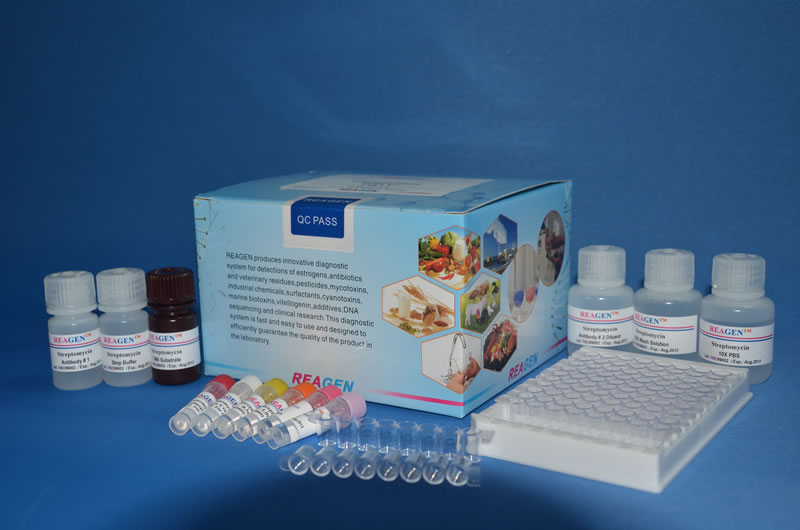Noggin, human recombinant
货号: 4675-100 产品名称: Noggin, human recombinant 品牌: Biovision 规格: 100 μg 3周到货 生化实验
Noggin, human recombinant
An inhibitor of TGF-β signal transduction
Product Overview
Alternate Names / Synonyms: human Noggin, Noggin, h-Noggin, rh-Noggin, recombinant human Noggin, Noggin, recombinant Noggin
Gene Symbol: NOG
Accession #: Q13253
Gene ID: 9241
Source: E. coli
Appearance: Lyophilized protein
Physical Form Description: Sterile filtered and lyophilized with no additives
Molecular Weight: 23.1 kDa
Purity by SDS-PAGE: ≥95%
Purity by HPLC: ≥95%
Endotoxin Level: <0.1 ng/μg
Biological Activity: Determined by its ability to inhibit 5 ng/ml of BMP-4-induced alkaline phosphatase production by ATDC chondrogenic cells. The expected ED₅₀ for the effect is 0.05-0.08 µg/ml of Noggin
Reconstitution Instructions: Reconstitute in water to a concentration of 0.1 to 1.0 mg/ml. Note: Due to solubility reasons the protein should be kept at low pH. This solution can then be diluted into other aqueous buffers
Storage Temp.: -20°C
Shipping: Blue ice
Background Information: Noggin belongs to a group of diffusible proteins which bind to ligands of the TGF-β family and regulate their activity by inhibiting their access to signaling receptors. Noggin was originally identified as a BMP-4 antagonist whose action is critical for proper formation of the head and other dorsal structures. Consequently, Noggin has been shown to modulate the activities of other BMPs including BMP-2,-7,-13, and -14. Targeted deletion of Noggin in mice results in prenatal death and recessive phenotype displaying a severely malformed skeletal system. Conversely, transgenic mice over-expressing Noggin in mature osteoblasts display impaired osteoblastic differentiation, reduced bone formation, and severe osteoporosis. Recombinant human Noggin is a 23.1 kDa non-disulfide-linked homodimer consisting of a total of 206 amino acid residues.
Handling: Centrifuge the vial prior to opening.
Usage: For Research Use Only! Not to be used in humans.
-20°C

